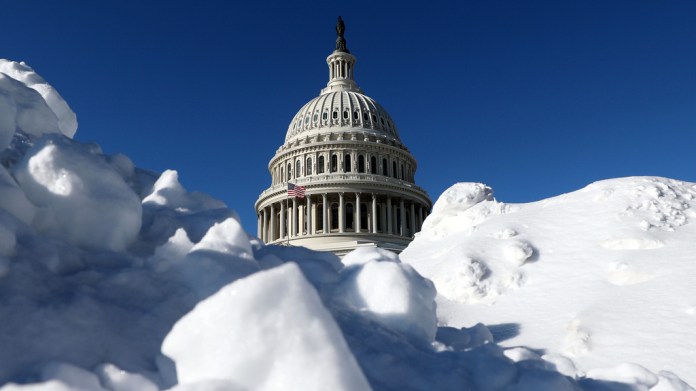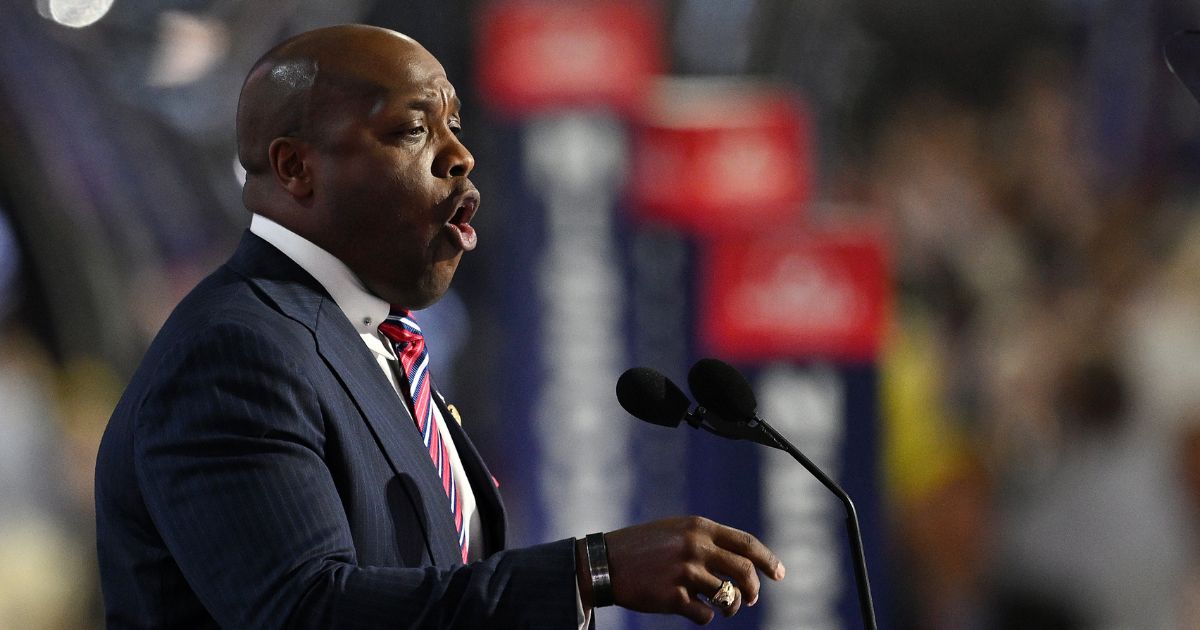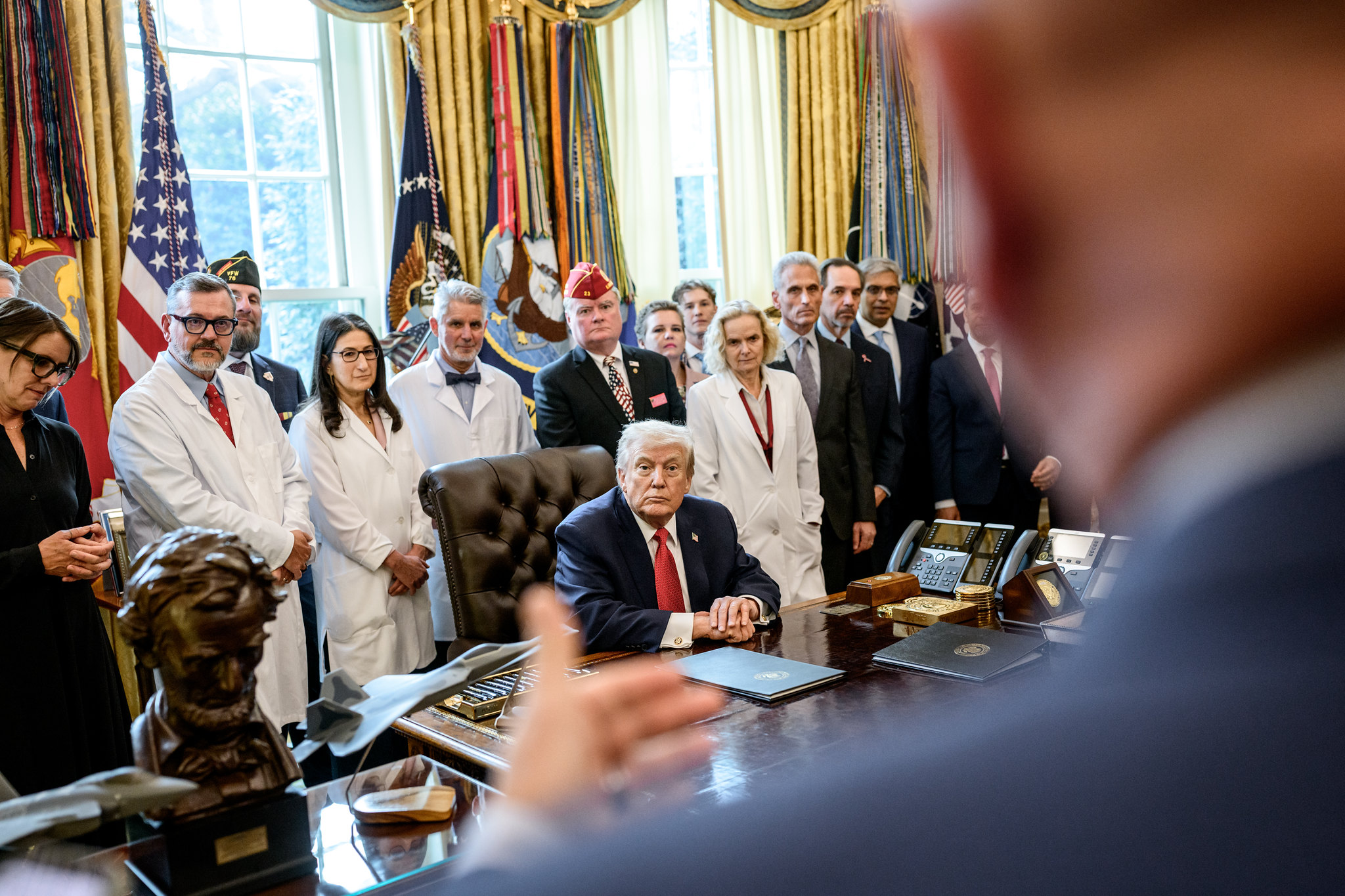CBO Data Shows We Can’t Afford To Extend Obamacare Subsidies
The summary discusses the worsening fiscal situation in the United States,highlighting a national debt whose interest costs surpassed $1 trillion last year. The Congressional Budget Office (CBO) reported a budget deficit of over $1.8 trillion for the most recent fiscal year, showing little advancement compared to the previous year despite some timing adjustments in revenues and expenses. Key drivers of increased government spending include Social Security, Medicare, Medicaid, interest on debt, Veterans Affairs, and refundable tax credits tied to Obamacare enrollment. While some spending areas, like education and disaster-related expenses, declined due to one-time factors, most increases represent ongoing commitments that worsen the fiscal outlook.
The piece criticizes congressional Democrats for pushing to permanently extend enhanced Obamacare subsidies-costing an estimated $350 billion plus interest-despite evidence of fraud and already strained government finances. This extension is presented as fiscally irresponsible, adding further to the national debt. The author argues that congress, especially Republicans, should resist such measures to avoid deepening the financial crisis. the article calls for more prudent fiscal management to address the growing deficit and debt challenges facing the country.
Are you the kind of person who likes to spend $4 for every $3 you take in? If so, your financial management “skills” might qualify you to run for Congress. With people like that running the show, is it any wonder that interest costs on our national debt surpassed $1 trillion last year for the first time ever?
The Congressional Budget Office (CBO) review of the fiscal year that just concluded on Sept. 30 provides one of many reasons why Republicans should reject Democrats’ demands to end the “Schumer Shutdown” — namely, a permanent extension of enhanced Obamacare subsidies as part of $1.5 trillion in spending. While most Republican lawmakers won’t win any awards for fiscal rectitude, on this issue at least, they’re exhibiting the courage not to make a bad situation worse.
Same Song, Yet Another Verse
All told, CBO concluded that the budget deficit in the most recent fiscal year exceeded $1.8 trillion, a mere $8 billion (less than a fraction of 1 percent) less than in fiscal 2024. There were various timing shifts underlying those numbers; both revenue and expenses normally paid in fiscal 2023 got shifted into fiscal year 2024, which slightly alters the comparisons between fiscal 2024 and fiscal 2025 (the year just concluded).
But on the whole, looking at this chart from the CBO report, can you tell the difference between the budget deficit under the last two years of Joe Biden’s presidency and the first eight or so months under Donald Trump?
Spending Problem
As usual, revenues continued to grow last year when compared to 2024, due to both increased withholdings — a “reflection of rising wages and salaries” — and tariff income. But spending kept pace with the increased revenues. Among the largest categories of spending increases:
- Social Security — up by $121 billion (8 percent), reflecting cost-of-living adjustments, more beneficiaries, and congressional action to increase payments for certain government pension recipients
- Medicare — up by $72 billion (8 percent), thanks to both higher enrollment and payment rates
- Medicaid — up by $52 billion (8 percent), “largely because of rising costs per enrollee”
- Interest — up by $80 billion (8 percent), “mostly because the debt was larger than it was in fiscal year 2024”
- Veterans Affairs — up by $41 billion (12 percent), due to increases in health care utilization
- Refundable tax credits — up by $26 billion (13 percent), “primarily because of increased enrollment in health insurance purchased through the marketplaces established under” Obamacare
Government spending did decline in certain areas. The Department of Education spent $234 billion less in 2025 than in 2024, primarily because changes to student loans in July’s budget reconciliation bill led to adjustments in the way the federal government prices student loans. Likewise, spending for the Federal Deposit Insurance Corporation and Small Business Administration declined because large bank failures and disasters that had required high levels of spending in fiscal 2024 did not repeat themselves in 2025.
Of particular note: The categories where spending declined represent one-time savings from 2025 compared to 2024 — the savings occurred once but likely will not happen again. By contrast, most of the areas where spending increased represent ongoing liabilities — spending for these programs escalates higher every year. That’s a recipe for a worsening fiscal situation, not a balanced budget.
When You’re in a Hole…
Into this fiscal chaos step congressional Democrats, who shut down the government to demand a permanent extension of the enhanced Obamacare subsidies. Despite CBO and others concluding that these subsidies are plagued with fraud, and the inability of Congress to pay for the spending it has already authorized, Democrats want to put another $350 billion (plus interest) on the national credit card to create another perpetual giveaway.
Over and above the fact that the subsidies go to plans that cover abortion and transgender medical experiments that many Americans find objectionable, there are many reasons — nearly 38 trillion of them — not to vote for the subsidy extension. Congress should stop this insanity and quit spending money that it and the American people don’t have.
Chris Jacobs is founder and CEO of Juniper Research Group and author of the book “The Case Against Single Payer.” He is on Twitter: @chrisjacobsHC.
" Conservative News Daily does not always share or support the views and opinions expressed here; they are just those of the writer."



